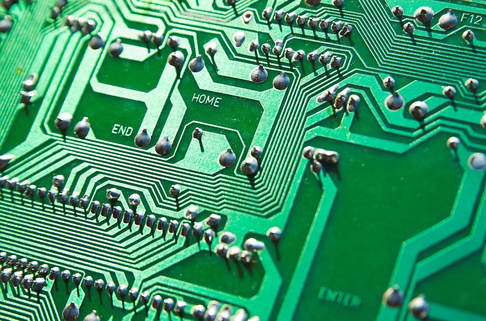|
These days I did something I’d been putting off for a while now, as if it didn’t work out, it would mean that I’d have to throw away my computer, so to speak. I didn’t exactly meddle with any of the computer’s hardware but came as close to it as I could, without physically changing the machine. Namely, I tweaked the boot software and configured a new OS that I’m now using. “What’s wrong with the old OS?” you ask. Well, I’d tweaked it way too much in the past, so it was now quite unstable. Yet, even at this pitiful state, it was better than some other OSes I’ve had over the years, so it’s hard to complain about it. Whatever the case, getting down to the nitty gritty of a computer isn’t easy and there is a surprising lack of people out there able or willing to help out. Also, the forums although generally useful, don’t always have the exact issue you are looking to solve, so you basically need to rely on your own skills. Fortunately, I did a thorough back-up of all my data beforehand, so nothing could get lost. Also, I was quite meticulous with the whole process and had a back-up plan in place. A lot of shell scripting was involved and although I'm not super confident about this type of interaction with a computer, it's not as daunting as it seems either. Of course, if you do it more, like professionals in the field, it may even seem the best way to interface with a computer. I'm not there yet though, but I have a deeper appreciation of the merits of this approach to interfacing than I did before. This whole thing is akin to the engineering approach to things, where failure is always taken into account since things break more often than people think. Thinking that everything is going to be fine, just because it worked fine in someone’s presentation or tutorial is naive and doesn’t really spell out professionalism. That’s why having the right mindset about all this stuff is essential. Algorithms, equations, and coding libraries can only get you so far. After that, you are on your own and you need more than just a solid understanding of the theory but also the ability to deal with the adverse circumstances that will probably present themselves sooner rather than later. Now, in you work as a data scientist or an A.I. professional you’ll probably have no need to do low level work on a computer (unless you are setting up a new pipeline), but if such a challenge presents itself, you are better off facing it. And who knows, maybe you’ll do more than just upgrade your computer through this whole process, since chances are that you’ll also be upgrading yourself. So, what did I learn from this whole experience? First of all, I now have a deeper appreciation to all those people who do the low-level work in a data science pipeline. It may appear straight-forward from a high-level perspective, but when you get down to it, it isn't simple at all, even if you enjoy working on a CLI. Also, I learned that just because something isn't common enough to be on a forum or a blog article, it doesn't mean it's not important or worth doing. The OS upgrade I did helped realize how vast the spectrum of possibilities is when it comes to OSes and how deviating from the most popular approaches to it is probably the best way to go (or at least the most fox-like way!). Finally, I learned that when you've assembled something yourself, even if it's a fairly straight-forward OS, it makes you appreciate it more. Most things nowadays come preassembled and we don't have to do anything to get them to work, but those things that require our own energy to come to life, be it an OS or a custom data science model, these are the things we tend to remember the most since they change us inside...
0 Comments
Your comment will be posted after it is approved.
Leave a Reply. |
Zacharias Voulgaris, PhDPassionate data scientist with a foxy approach to technology, particularly related to A.I. Archives
April 2024
Categories
All
|

 RSS Feed
RSS Feed